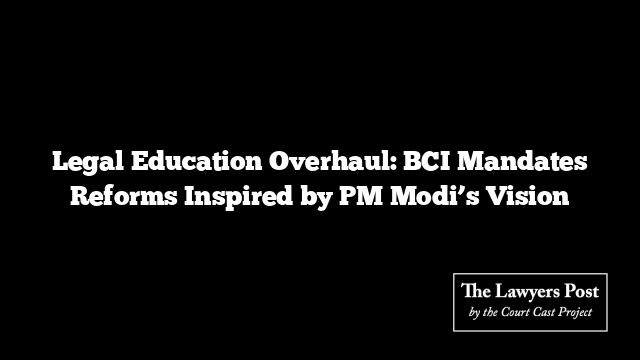In a significant ruling, the Kerala High Court has underscored that DNA tests to establish paternity cannot be sanctioned without a robust prima facie case. This directive came from Justice C. Jayachandran, who emphasized that such tests should not be used as a mere fishing expedition for evidence without substantial initial proof.
The judgment came in response to a property dispute where a woman claimed inheritance rights based on her alleged status as the daughter of a man who died in the 1980s. The plaintiff contended that she was born from the man’s first marriage, making her a legitimate heir to his estate. However, the deceased man’s son challenged this claim, insisting that his father had only been married once, to his own mother.
To substantiate her claim, the plaintiff sought a sibling DNA test, which was initially granted by a magistrate. This decision was contested by the deceased man’s son, who took the matter to the High Court.
Justice Jayachandran, while allowing the petition to challenge the DNA test order, highlighted that courts must adhere to stringent criteria before permitting such tests. Referring to the Supreme Court’s ruling in Bhabani Prasad Jena v. Convenor Secretary, Orissa State Commission for Women, he reiterated that DNA testing should only be ordered when absolutely essential, balancing the right to privacy with the need for conclusive evidence.
The court noted that the plaintiff had not presented a compelling prima facie case. Even if the DNA test confirmed her paternity claim, it would not substantiate the alleged marriage between her mother and the deceased, thus failing to advance her case for property entitlement.
In conclusion, the High Court set aside the trial court’s order, reinforcing the necessity for substantial preliminary evidence before resorting to DNA testing in legal disputes.





